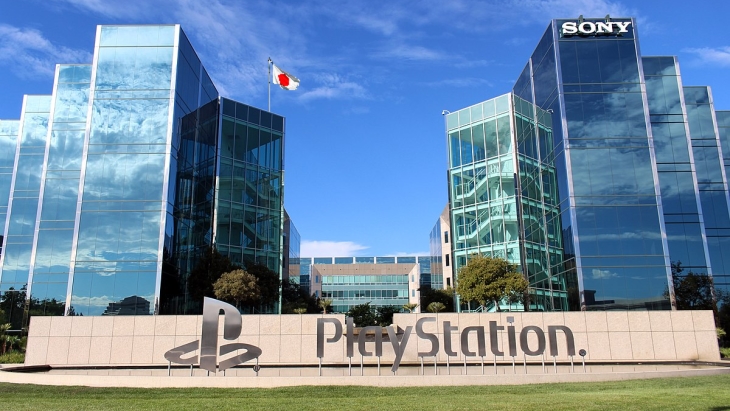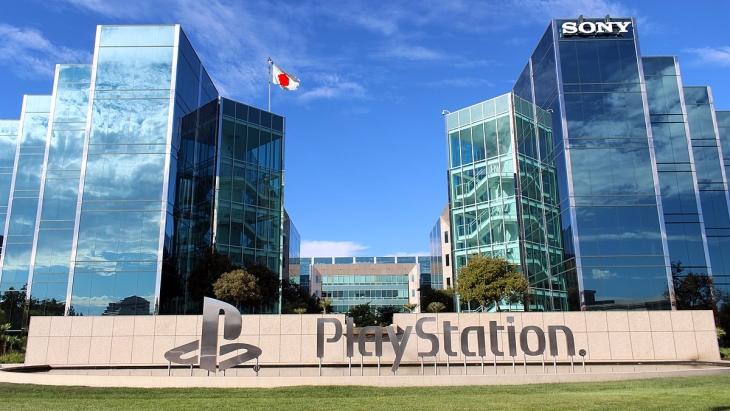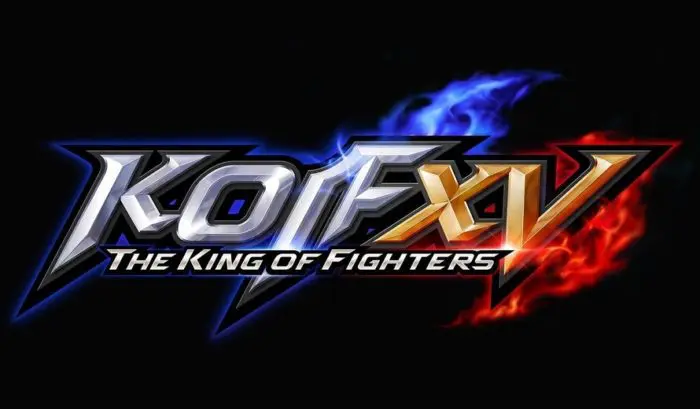

Head of PlayStation Studios Hermen Hulst has insisted that Sony Interactive Entertainment (SIE) is still “very much a Japanese company” and loves Japanese games.
In an interview with Game Informer, head of PlayStation Studios Hermen Hulst was asked about Sony Japan Studio. On February 25th multiple anonymous sources stated Sony Japan Studio was “winding down” original game development, and the “vast majority” of development staff had been let go. The studio had created Ape Escape, Gravity Rush, and more.
This was due to the studio not being profitable enough in recent years; desiring to make games that appealed primarily to the Japanese market with global appeal. Meanwhile SIE wanted “global hits” akin to what its other first-party studios had produced.
SIE later provided an official statement, confirming Sony Japan Studio would be “re-organized into a new organization.” On April 1st, they were “re-centered to Team ASOBI, the creative team behind Astro’s PLAYROOM, allowing the team to focus on a single vision and build on the popularity of Astro’s PLAYROOM.”
Nonetheless, Hulst insists that Japanese games are still a core part of SIE’s identity. “I will say that we are in some ways very much a Japanese company still. That’s our heritage. That’s still part of who we are. We love our Japanese games.” In 2016 SIE’s headquarters were established in San Mateo, California; the same year Sony Computer Entertainment and more were restructured and reorganized.
Hulst explained Team ASOBI would still be part of Japanese games development, and invested under Nicolas Doucet. “People forget sometimes that we have Polyphony Digital, which is a team in two locations. We are investing in our external development group out of Tokyo as well, and that’s a team that has obviously worked with the likes of From Software and Kojima Productions.”
“So we are very invested in Japanese development and Japanese development is something that we love,” Hulst explained. “I think it’s such a core part of the PlayStation identity that I can’t ever see us shy away from Japanese or even Asian development.”
Developers who left Sony Japan Studio included Demon’s Souls (2020) and Bloodborne producer Teruyuki Toriyama, Siren and Gravity Rush creator Keiichiro Toyama. The latter formed Bokeh Game Studio alongside Sato Kazunobu and Junya Okura.
Other departures included Bloodborne producer Masaaki Yamagiwa, executive producer Masami Yamamoto, producer Kentaro Motomura, Gravity Rush artist and animator Shunsuke Saito, and Demon’s Souls (2020) Director Gavin Moore.
Fears of SIE turning its back on Japan came to a head with Sony Japan Studio’s restructuring. In case you missed it, check out our video partner Welfare Walrus’ Why Sony Has Been Slowly Abandoning Japan video; delving into the company’s history and the decisions and mistakes they made.
In late December 2018, SIE Japan Asia President Atsushi Morita stated the then recent spate of censorship of anime-styled sexual content on PlayStation 4 games had been “to meet global standards.” This censorship was seemingly forced in Japan; and led to Japanese developers to release on other platforms, or create different versions for PlayStation consoles.
The “restrictions on expression and suppressed the release of titles for Japanese users” was also cited by an analyst for the Ace Research Institute; claiming that it is “definitive” PlayStation will fall in Japan. He also claimed SIE were not realizing the region’s potential. That same analyst also claimed Nintendo has an “oligopoly” in Japan, while PlayStation game sales have been practically “eradicated.”
In addition, Bloomberg reported claims that PlayStation employees and developers were losing faith in Japan as a market. The anonymous employees claimed that the company had begun to focus more on the US, after the PlayStation 4 had been disappointing in Japan.
According to several employees of PlayStation Japan, this resulted in the Japanese office being (in Bloomberg’s words) “sidelined” when it came to planning the promotion of the PlayStation 5. Employees from Tokyo told Bloomberg they have been waiting for instructions.
SIE CEO Jim Ryan denied those and prior reports, insisting that the Japanese market is still important to them. It should be noted that Japanese fans were not happy with Sony’s decision to switch the X and O commands to the western standard, and two major PlayStation 5 livestreams premiering at 5 a.m. JST.

